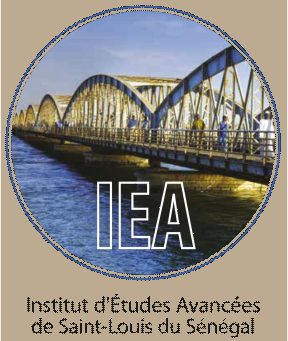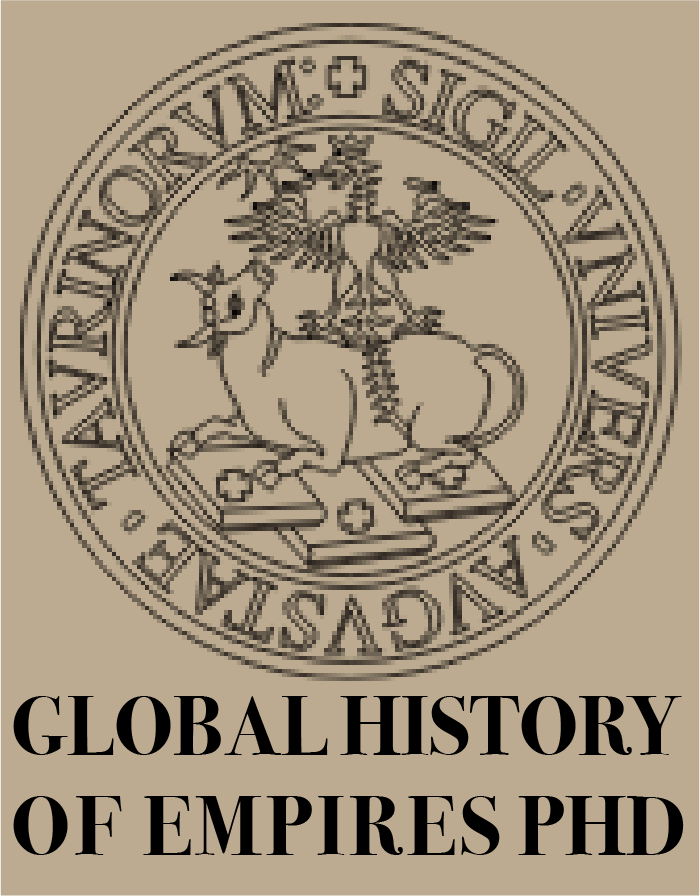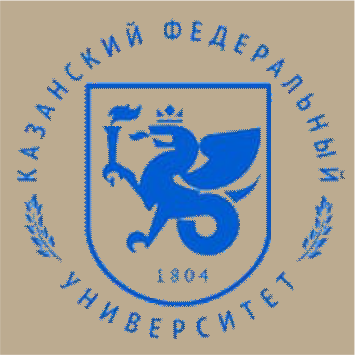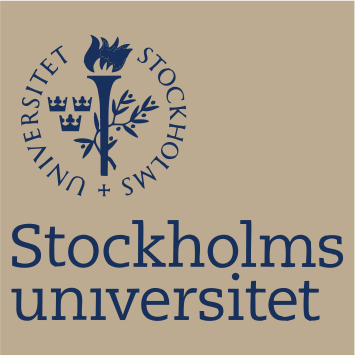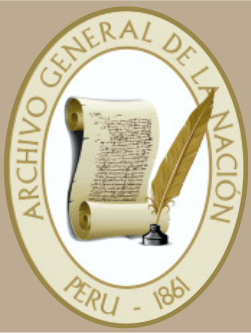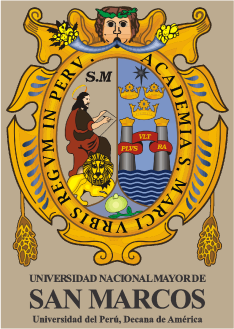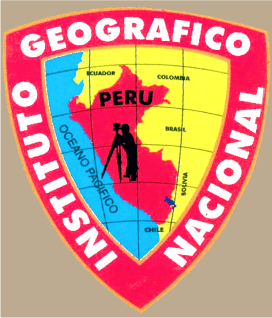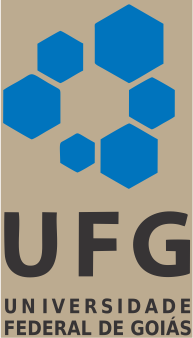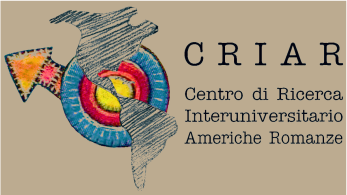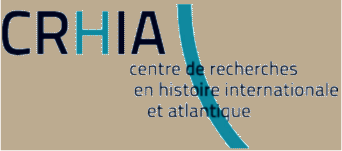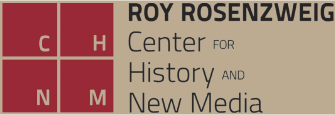This call for papers is NO LONGER open
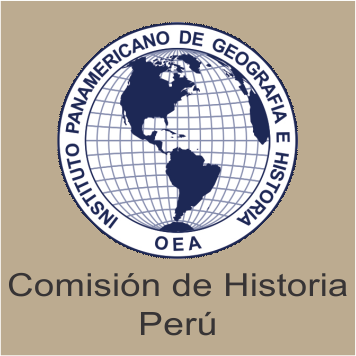 |
The Historical Cartography Committee of the History Commission
of the Pan American Institute of Geography and History
and the co-organizing institutions
are pleased to invite you to participate in
The 3rd INTERNATIONAL SEMINAR OF THE PROJECT
HISTORICAL ATLAS OF AMERICA: 19th AND 20th CENTURIES
to be held online
on November 10-12, 2021
- Background
- Objectives
- Discussion Sessions
- Abstract Submission
- Acceptance Notification
- Extended Version Submission
- Presentation and Publication
- Further Clarifications
-
Background
The Historical Cartography Committee of the History Commission of the Pan American Institute of Geography and History (specialized organization of the Organization of American States, called IPGH after the Spanish & Portuguese initials), made up of Dr. Jorge Ortiz Sotelo, Dr. Filiberto Cruz Sánchez and Mg. Luis Valenzuela Olivares, has been developing the project "Historical Atlas of America". This project seeks to develop, based on international seminars, a modern image of the interaction that American societies and spaces have had over time.
In 2017, the first of these seminars, focused in the pre-Columbian period, was held in Santiago de Chile, under the organization of Mg. Valenzuela.The second seminar, focused on the colonial period, took place virtually in 2020, with Dr. Cruz in charge of its organization. This year the third of the seminars will be held, aimed at dealing with the themes of the 19th and 20th centuries, under the direction of Dr. Ortiz and the general coordination of Prof. Héctor Maldonado Félix. This event will take place on November 10th to 12th, in particularly special circumstances for Peru, because of the bicentennial commemoration of the countrie’s independence.
-
Objectives
The 3rd International Seminar of the Historical Atlas of America project seeks to foster an interdisciplinary dialogue between those interested in knowledge, research and appreciation for America and its people, both from within and outside the academic sphere. This dialogue will add contributions from multiple perspectives and disciplines, counting, among others, with cartographic, historical, sociological, economic, political, artistic and literary contributions. Interested participants will interact by organizing discussion sessions for bridging diverse approaches, around the following general topics and subtopics:- Population and Society
- Native Nations
- European
- African
- Asian
- Mixed Race
- Cultural Processes
- Building Identities
- Building Citizenship
- Popular-Official Culture
- Challenges in Education
- Beliefs and Religions
- Space and Territory
- Making Borders
- From the Countryside to the City (Urbanization)
- Travelers and Explorers
- Environment
- Organization of National Spaces
- Political Processes
- National and State
- Federalism and Regionalism
- Civil Society
- Political Movements
- International Relations
- Economic Dynamics
- Local and Global Market
- The Role of the State
- Private Activity
- Submerged Economies
- Rich and Poor
- Health and Population
- Traditional and Modern Medicine
- Pandemics and Epidemics
- Public Health Policies
- Mental and Physical Health
- Work and Health
- Population and Society
-
Discussion Sessions
Each discussion session will be largely configured by the presentations included in it, to favor a climate of interexchange of contributions and group production of reflection and knowledge.- They will be carried out in 90-minute sessions, organized in one of these two modalities:
- Mode A
Panel with base exposition. It begins with a presentation by a base speaker (25 minutes) complemented by presentations by 2 or 3 panelists (in total 25 minutes); This will be followed by the dialogue with the audience (30 minutes), either the full group or separated into virtual sub-groups. It closes with a brief full group recapitulation.
Participants:- Moderator
- Base speaker
- 2-3 panelists
- Mode B
Roundtable. It includes the presentation of 3-4 speakers (making up to 50 minutes), followed by a 30-minute dialogue with the audience (either the full group or separated into virtual sub-groups). It closes with a brief full group recapitulation.
Participants:- Moderator
- 3-4 roundtable participants
- Mode A
- Presentations will be in one of the four OAS official languages (English, Spanish, Portuguese, and French), but there may also be bilingual presentations.
- Quechua and Spanish
- Guarani and Portuguese
- Mandarin and English
- Tsalagi and French
- English and Spanish
- etc.
- We do our best to have simultaneous translation and in this effort we have convened a broad group of co-organizers. We do not want to exclude any of the languages that are nowadays used by populations of America, due to their origin or due to migration.
- They will be carried out in 90-minute sessions, organized in one of these two modalities:
-
Abstract Submission
All interested groups and individuals are invited to send their abstracts for intended presentations at the discussion sessions with the following characteristics:- Title of the intended presentation.
- Language or languages in which the presentation will be made.
- Proposed format (including videos, radio programs, project presentations, oral presentations supported by audiovisual resources, etc., due to the interdisciplinary and transdisciplinary model).
- General topic(s) and subtopic(s) to which the presentation is considered to correspond (it can be more than one).
- Summary or key points of the presentation in a short text (100 to 300 words).
- Name and last name of the author or the authors.
- Information, including the full address, on the institution, organization, or group (of affiliation, membership or reference) for each one of the authors.
- Email to be used for receiving information on the acceptance of the intended presentation to be part of a discussion session.
- All this should be sent by email
- NO attachment, all text as part of the mail
- To: thalassajos@gmail.com
CC: hmaldonadof@unmsm.edu.pe
and CC: atlashistoricodeamerica@gmail.com - Subject: title of the intended presentation)
- Deadline: August 9, 2021
-
Acceptance Notification
The organizing committee will respond by acknowledging receipt of the abstract submission within 48 hours after receiving the email. If no confirmation is received, it must be assumed that the abstract was not received and must be resubmitted. The organizing committee will evaluate the received abstracts and will send the acceptance notification on September 13-17, 2021.- The acceptance notification email will include:
- General topic and subtopic to which the presentation has been accepted.
- The discussion session in which the presentation has been accepted.
- Scheduled day and time.
- Suggested mode for the discussion session (Mode A--Panel with base exposition OR Mode B--Roundtable).
- Full list of discussion session presentations and suggested roles for each presentation (Base speaker or panelists for Mode A; roundtable participant for Mode B).
- All contact emails for presentations included in the discussion session.
- Once the acceptance email is received, presenters should get in touch with each other and with the Organizing Committee.
- Please notice that communication is an essential requirement to keep the place of the presentations in the seminar, because it makes possible to get together to the final configuration of each discussion session.
- Members of each discussion session will decide among themselves if they prefer to maintain the suggested roles and modality of their discussion session or if they make up an alternative. In any case, as a general rule, each session should allow at least 30 minutes of dialogue with the audience.
- The acceptance notification email will include:
-
Extended Version Submission
The Organizing Committee should receive the final version of the discussion session and the extended version of included presentations by October 4, 2021. Submission must include:- Title
Final title for the discussion session
Final title for each included presentation - Abstracts and Keywords
The abstract (150 to 250 words) of each presentation in its final version and the keywords (3 to 5) that identify each presentation - Language
The language or languages of each one of the presentations - Format
The format of each presentation and the notes regarding the necessary resources to carry it out (co-host requirement, need for a platform other than Zoom, etc.) - Notification of changes, if any
- about the authors, if necessary, inform name and last name of any added author; or report any author no longer participating
- inform about the institution, organization, or group (of affiliation, membership or reference) for each one of the authors, if there are new authors or there has been a change for any of the authors
- Email
The email address of each one of the authors so that they can be contacted by those attending the seminar - Bio
Summary bio of each author (maximum five lines per person) - Presentations
Extended version of each one of the presentations in the corresponding format, according to the times assigned in the final design for the discussion session.
To facilitate the electronic publication of the presentations:- MP4 format is suggested for videos
- MP3 format is suggested for audios
- LATEX o MS-Word format is suggested for texts of oral presentations (with 3,000 to 4,000 words maximum depending on language, roughly corresponding to presentation time)
- PDF format is suggested for slides (one slide per page, 4:3 aspect ratio and 300 ppi minimum resolution)
- Please check with the Organizing Committee for any other materials
- NOTES:
- Any materials violating copyright cannot be accepted
- All sources should be properly cited following the APA style (7a Ed.)
- Title
-
Presentation and Publication
Presentations will take place on November 10-12, 2021 according to the final program (to be published on this website on September 20, 2021). Materials will not be published for internal or external circulation unless they include the publication request form as received by email (or by the following form). Such a form should be printed, signed in handwriting, digitized, and sent as an attachment by email to atlashistoricodeamerica@gmail.com with the subject "Request for publication in accordance with CC-BY-NC-ND":
I/WE kindly request to publish on the website:
http://atlashistoricodeamerica.online /
https://atlashistoricodeamerica.online /
the presentation:
which is intellectual property of the following author(s):
according to the Creative Commons Public Licenses CC-BY-NC-ND 4.0 (Attribution-NonCommercial-NoDerivatives 4.0 International) as stated at https://creativecommons.org/licenses/by-nc-nd/4.0/
And I/WE affirm that I/WE have the full power and authority to grant the rights and releases set forth in this Release, this I/WE sign this request to express my/our agreement with the respective terms:
Name:________________________________, signaure:__________________ & date:_____________.
Name:________________________________, signaure:__________________ & date:_____________. -
Further Clarifications
Finally, everything that is not already addressed in this Call for Papers will be resolved by the Organizing Committee.
Historical Cartography Committee of the History Commission
|
Dr. Jorge Ortiz SoteloPresidente del
|
| Sección Nacional del IPGH-Perú Jefe Institucional del Archivo General de la Nación del Perú Profesor de la Universidad Nacional Mayor de San Marcos |
Prof. Héctor Maldonado FélixCoordinador General del
|
| Director de la Iniciativa de Estudios Globales Profesor de la Universidad Nacional Mayor de San Marcos |
Dr. Filiberto Cruz Sánchez |
Mg. Luis Valenzuela Olivares |
| Sección Nacional del IPGH, Universidad Autónoma Santo Domingo República Dominicana |
Sección Nacional del IPGH Chile |
| Co-Organizers for the Call for Papers of the 3rd Seminar "Historical Atlas of America: 19th and 20th Centuries" |
Dr. Juan Carlos Esparza OchoaDir. Program on Religion and Latin American Studies
|
Dr. Babacar FallDir. Institut d’Etudes Avancées (IEA)
|
Dott.ssa Irina BajiniDir. Centro Ricerche Interuniversitarie Americhe Romanze
|
Dr. Vladimir NapolskikhDir. Instituto de Relaciones Internacionales,
|
Dr. Ni YupingVice Dean School of Humainities
|
Dr. Diego Trindade d’Ávila MagalhãesCoordenador do Núcleo de Estudos Globais
|
Dott.ssa. Federica MorellCoord. International Joint Doctoral Program
|
Dr. Andrés RivarolaDir. Nordic Institute of Latin American Studies
|
Dr. Rubén Ruiz GuerraDir. Centro de Investigaciones sobre América Latina y el Caribe
|
Gral. Brig. Fernando Portillo RomeroJefe del Instituto Geográfico Nacional, Perú
|
Dr. Cristóbal AljovínDecano de la Facultad de Ciencias Sociales
|
Dr. Nathan SleeterRoy Rosenzweig Center for History and New Media
|
Dr. Cécile Chantraine BraillonDir. Département Langues Etrangères Appliquées
|
Dr. Laurent LavalCo-Dir. Centre de Recherche en Histoire Internationale et Atlantique
|

